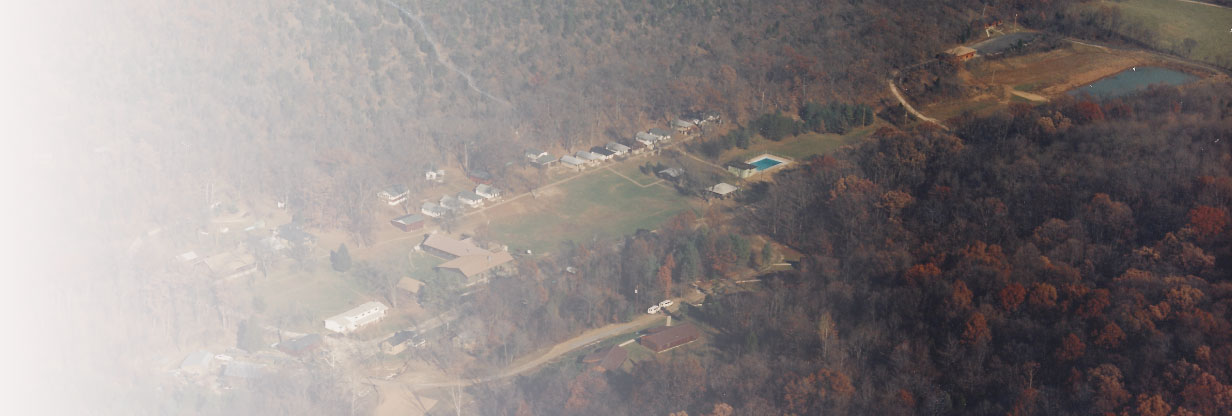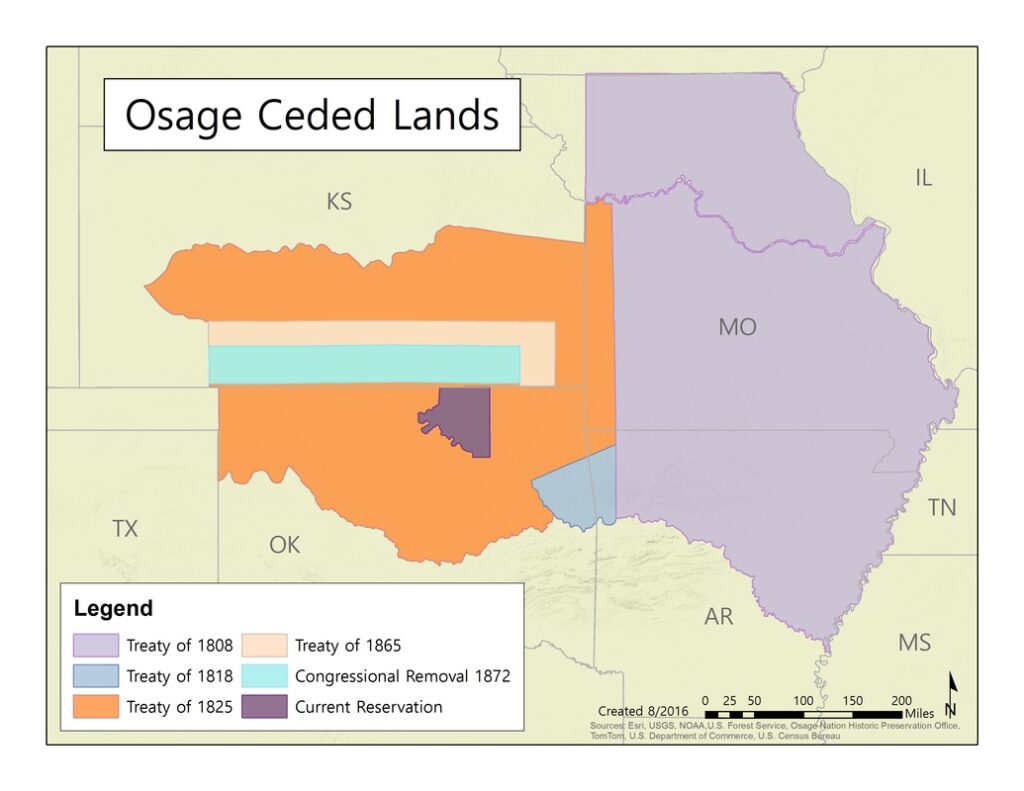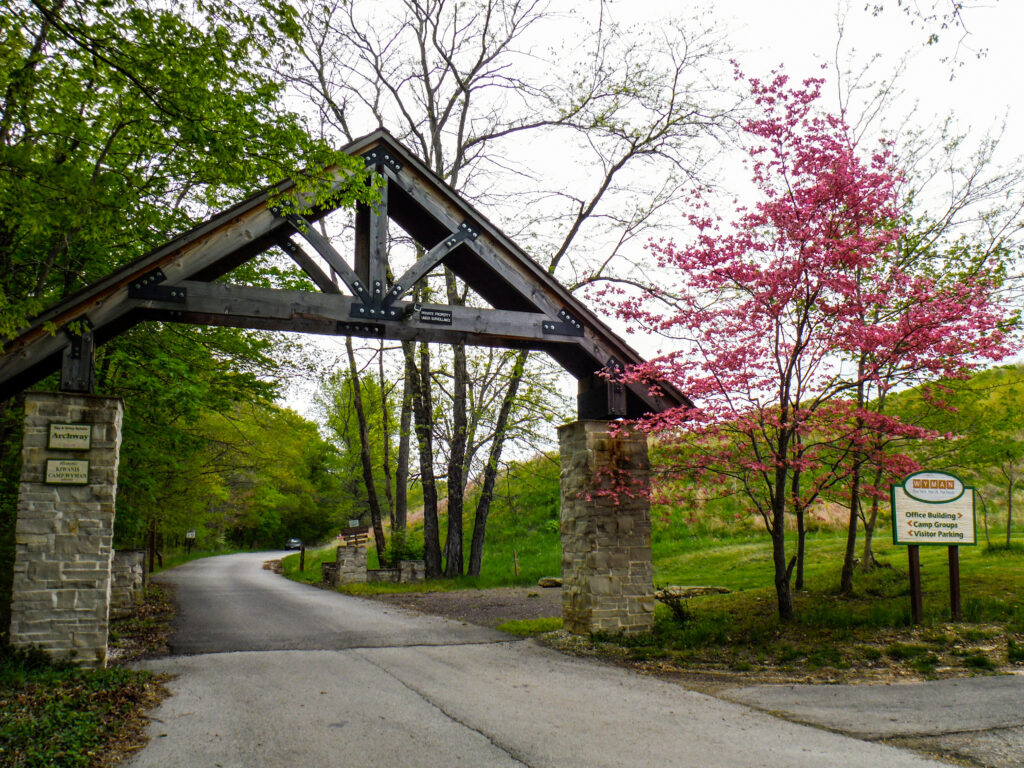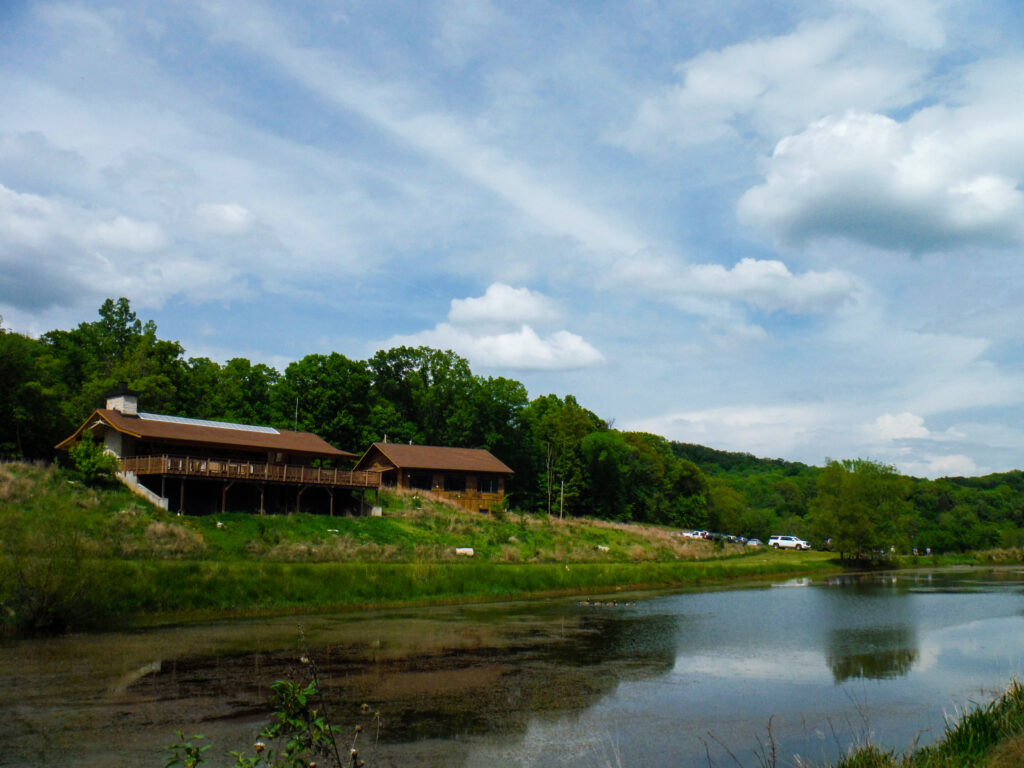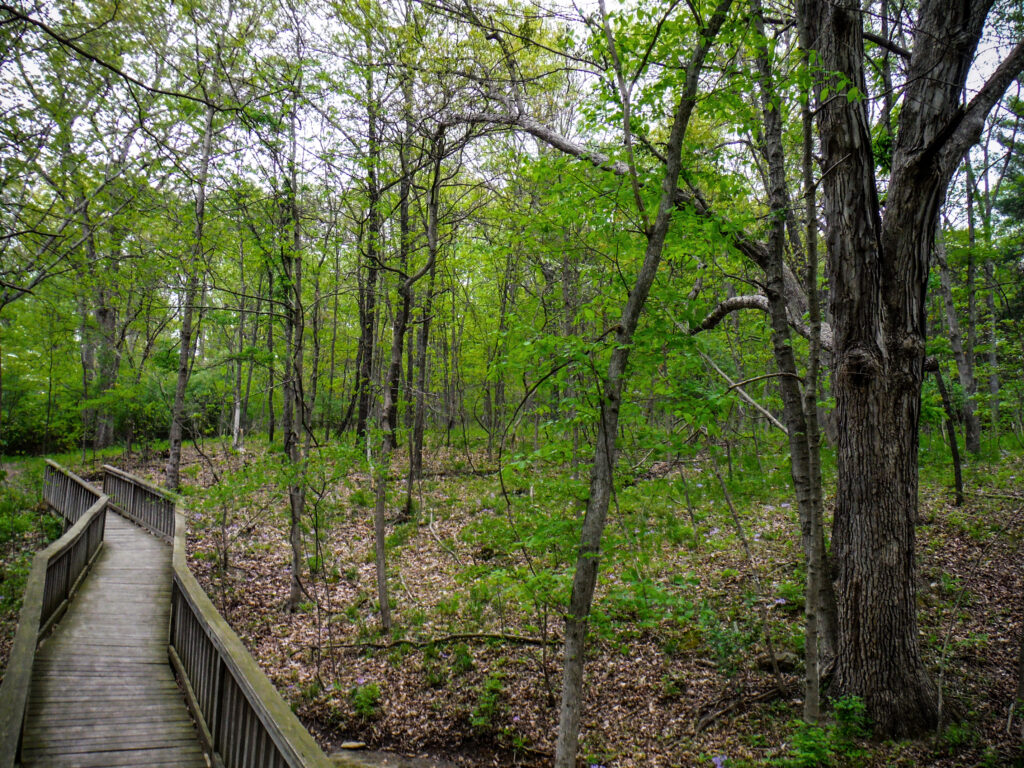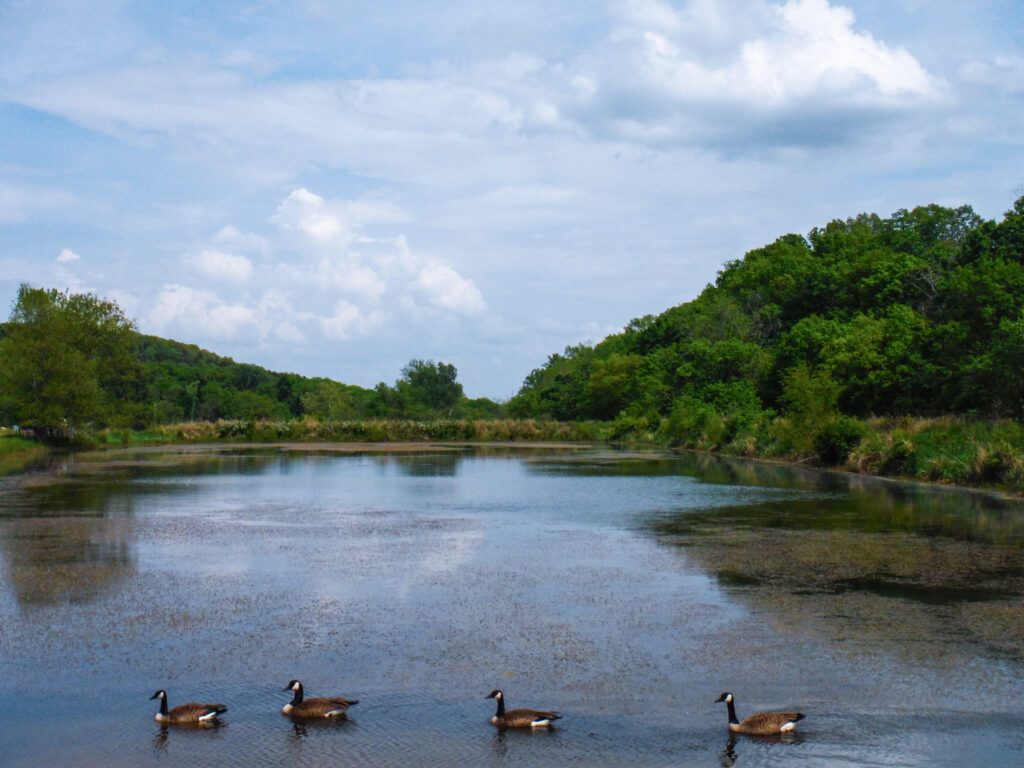Wyman Land Acknowledgment
The land on which Wyman sits, and where our staff and young people live and work, is the ancestral land of the Wahzhazhe, or Osage. Many other tribes have lived on or utilized this land including the Ponca, Kaw/Kanza, Omaha, Cahokia, Kaskaskia, Tamaroa, Peoria, Shawnee, and Delaware. Their history, stories, and contributions deserve to be recognized and honored.
We acknowledge that we are on stolen land. We recognize that through acts of genocide, slavery, and exploitation of the Indigenous tribes who lived here, colonialist settlers systematically forced their way onto this land. The actions of Spanish, French, British and American settlers ultimately drove these Indigenous tribes from Missouri by inciting infighting, withholding trade, and finally resorting to unfair treaties and abuse of annuity payments.
Indigenous people are still here and deserve visibility, appreciation, and support from our community.
History of Local Indigenous Tribes
Learn
- Learn about the Osage Nation .
- Learn about Cahokia Mounds (a UNESCO World Heritage site) and the Mississippian society that built the largest prehistoric earthen structure in the New World.
- Find important resources compiled by The Kathryn M. Buder Center for American Indian Studies.
- Learn about the destruction and study of the Gravois Bluffs Mound group.
- Learn about Indigenous Ancestral Land in other regions. But be sure to read and understand this site’s disclaimers – this map is a crowd sourced starting point and introduction, and is by no means complete.
- Explore digitized US treaties with Indigenous Nations with the Indigenous Digital Archive Treaties Explorer.
Support
- A guide and call to acknowledgement
- Explore the programs and resources provided by the First Nations Development Institute and support their work.
Do you have additional information about the land Wyman is on, or resources you would like to share? Please reach out to advancement@wymancenter.org.
The resources above are offered for viewers to learn more about the history of the land in our region, the history of Indigenous people, and how we can honor and support the communities of Indigenous people. These are suggested references only, and do not necessarily constitute or imply an endorsement by Wyman.


